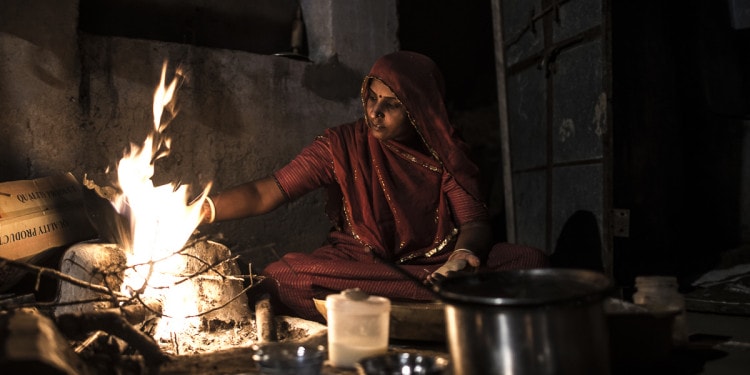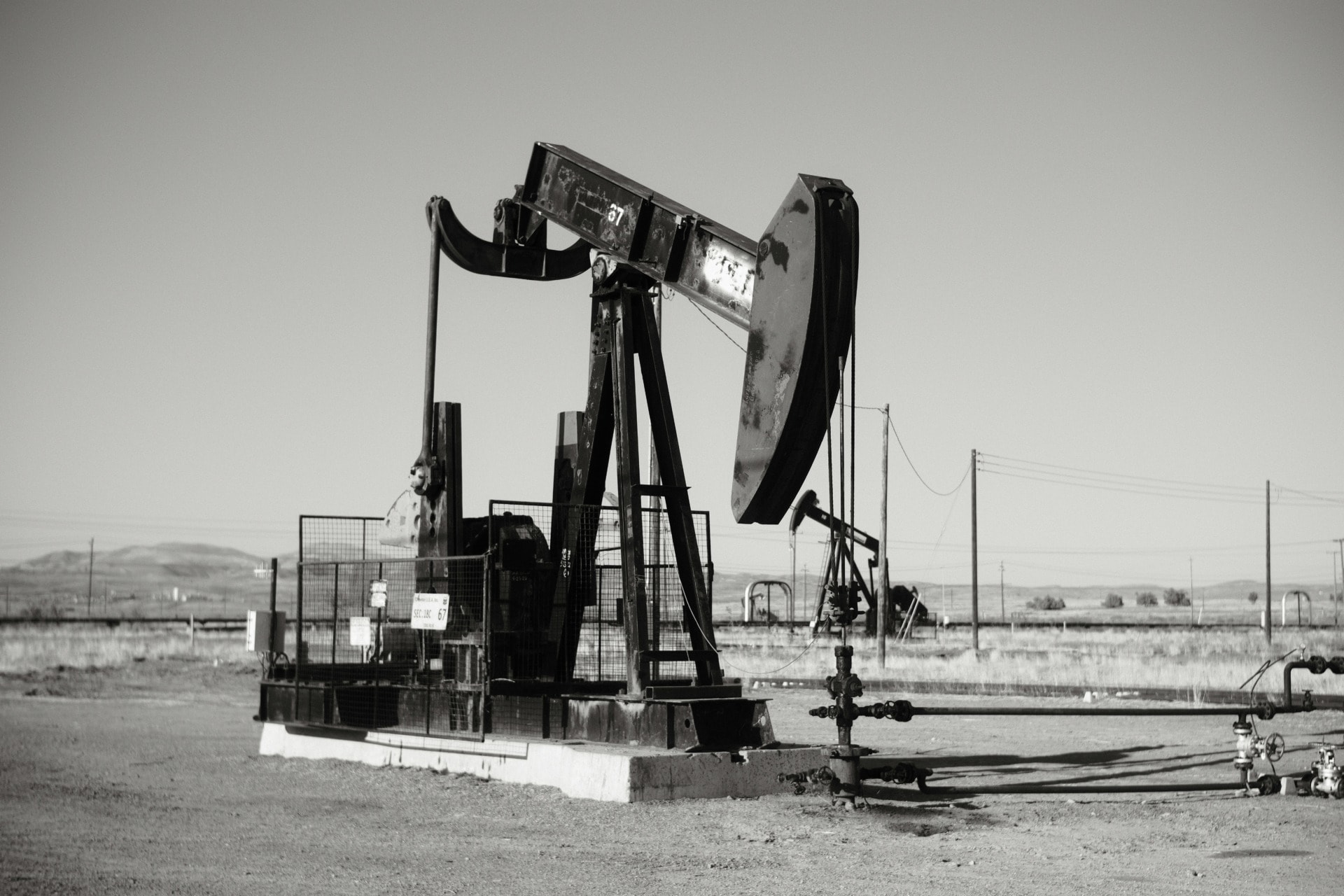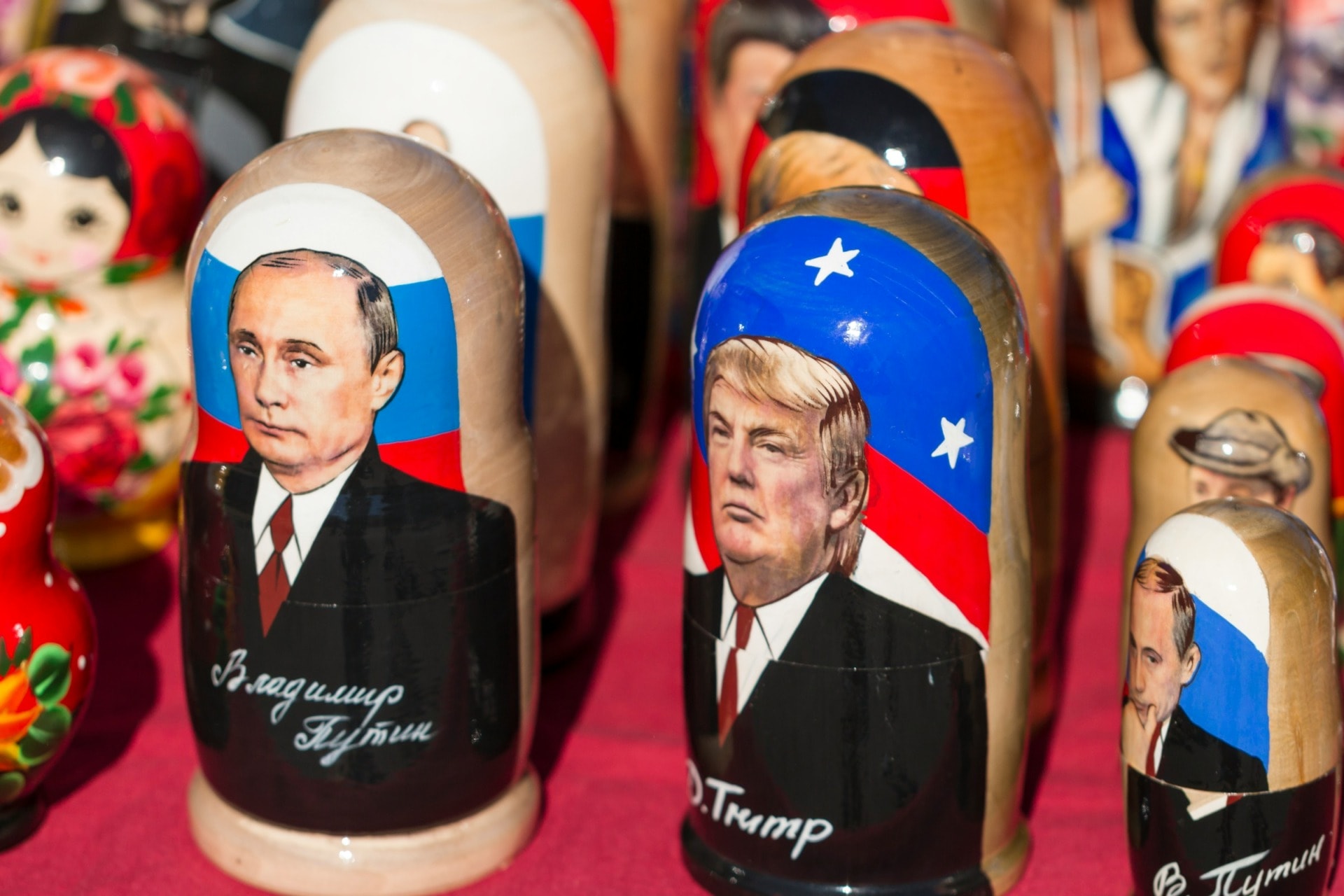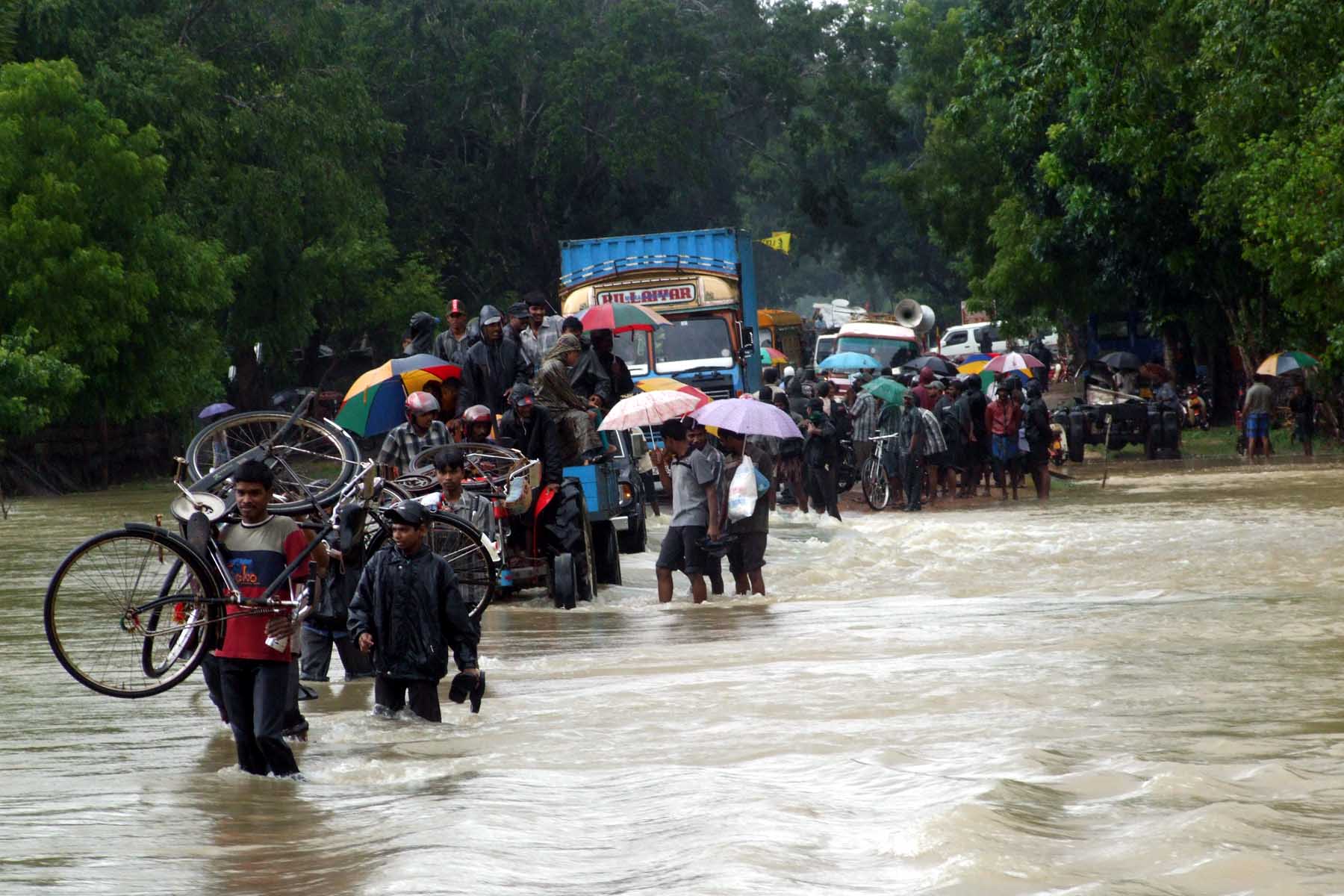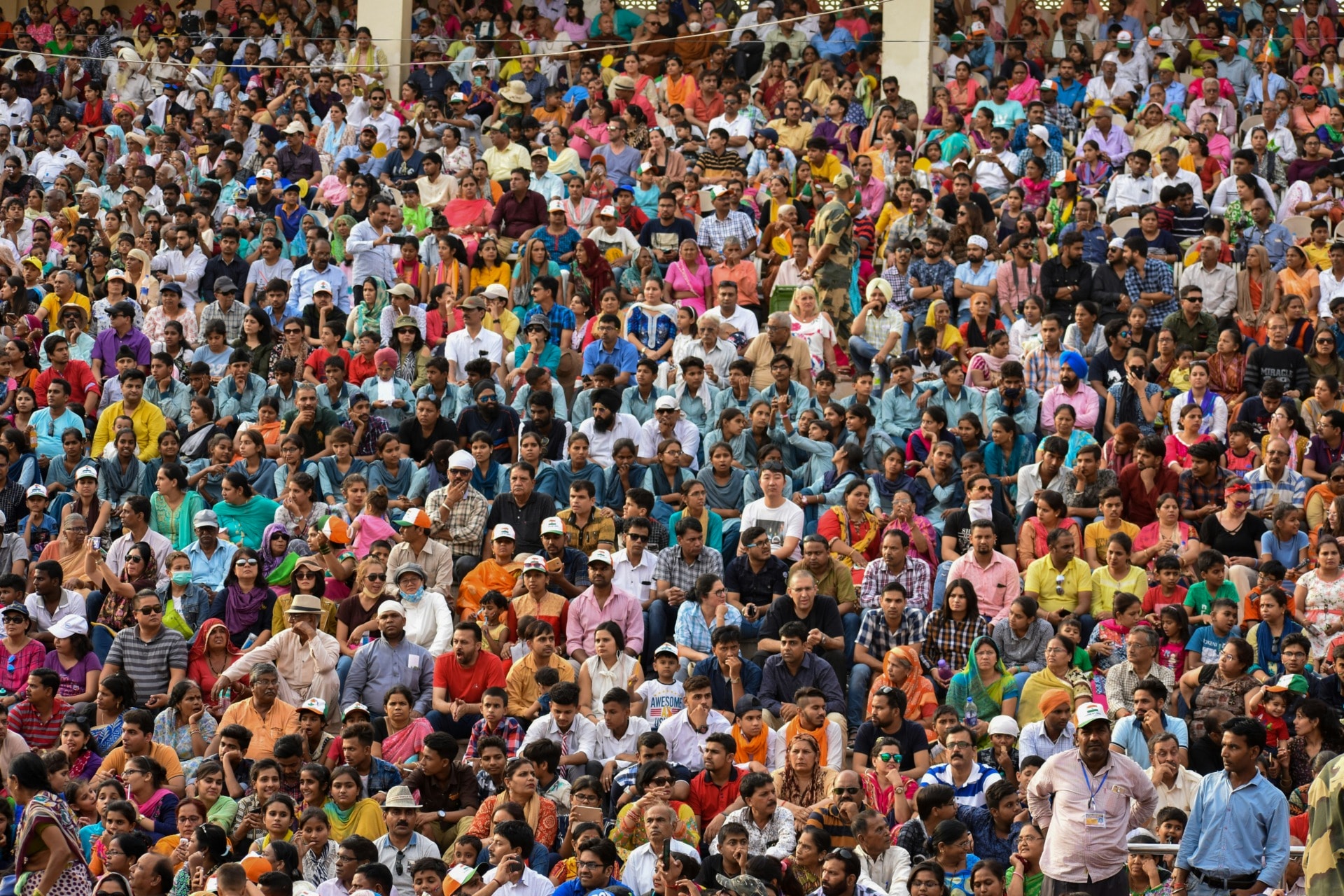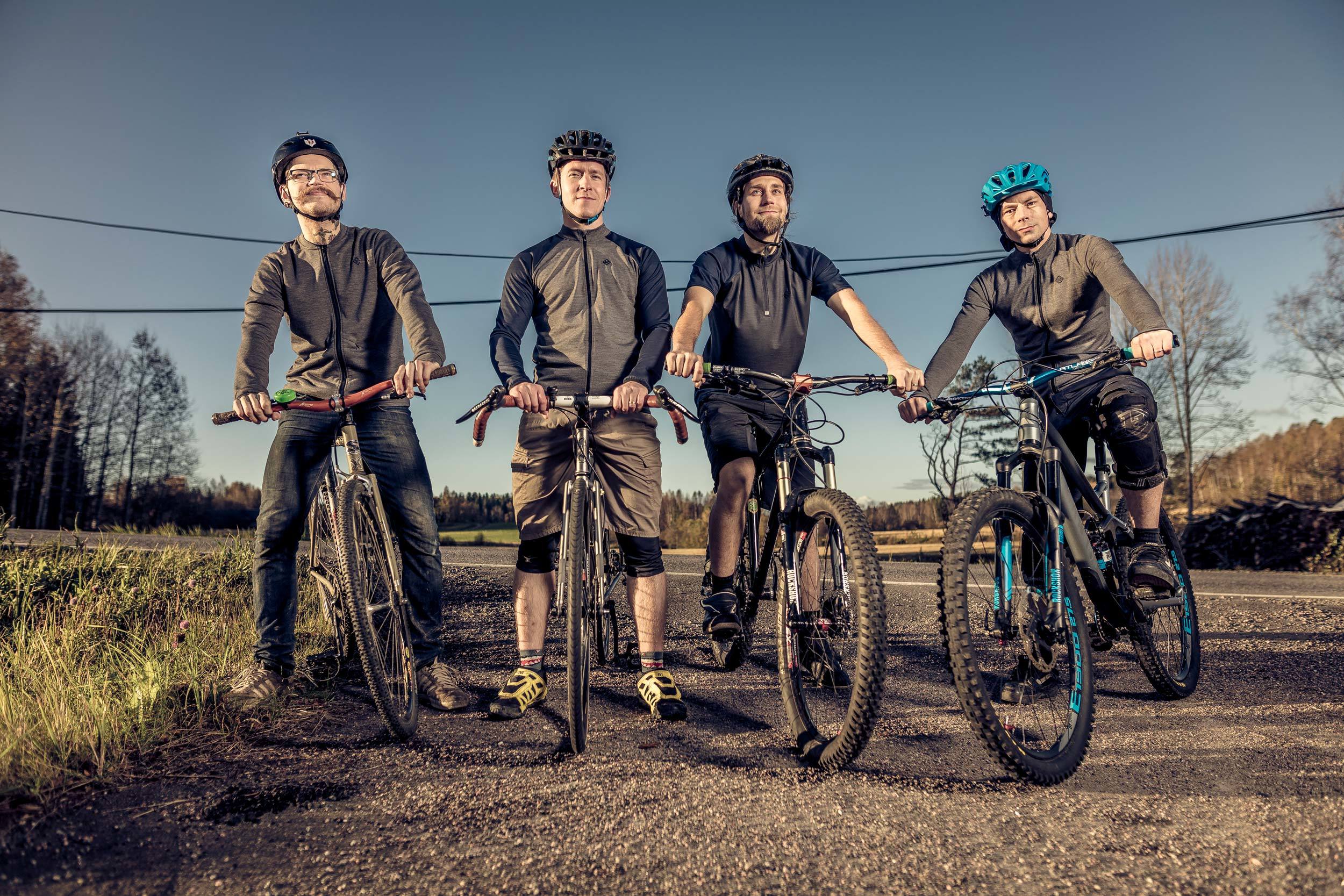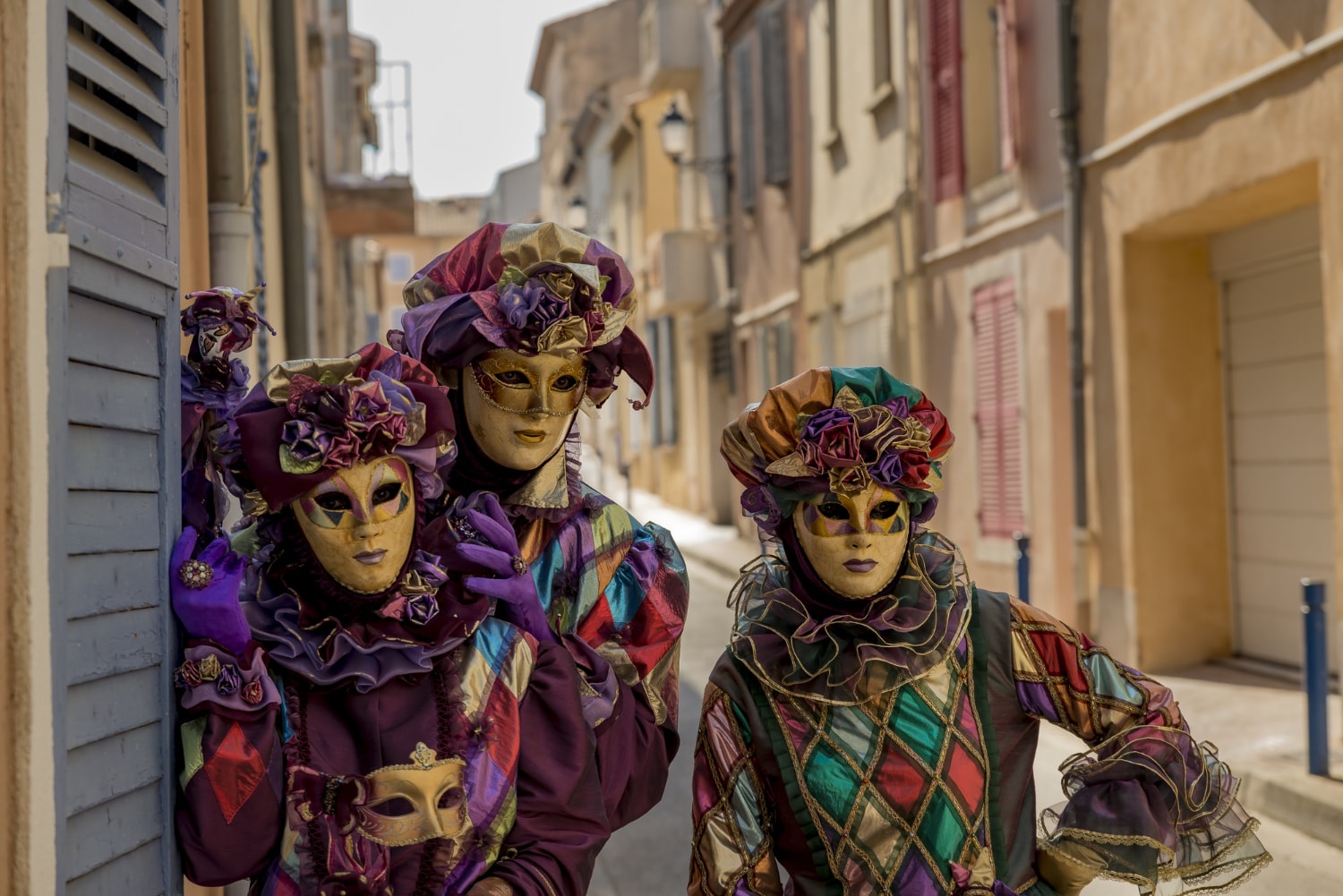Can you imagine a life without power? Turn on the light and nothing happens. Twist the thermostat up, well actually there is no thermostat.
For 1.6 billion people, this isn’t an outage or a bad dream. It’s a way of life. They live in darkness. This may seem remote and far off for many of you who this evening will arrive home and simply flip the switch on the wall and continue cooking, reading and living in a well-lit house.
But 1 in 5 will cease their activity with the setting sun.
Access to clean light and all its related enabling benefits is not a luxury item. It’s a human right, one we at Barefoot College believe is the essential step to eradicating poverty in alignment with the top priority of the UN Sustainable Development Goals.
 In the Photo: Village houses in the evening. Photo Credit: Varial Cédric Houin
In the Photo: Village houses in the evening. Photo Credit: Varial Cédric Houin
Our initiatives now working across the global south have been carefully designed to do three things:
- to address the failures in many purely commercial models that neither are affordable for the rural poor nor allow for robust repair and maintenance.
- to leverage our most precious resource in the developing world: Women.
- to set a framework for ultimate policy change in developing governments so that resources for decentralized solutions are in the hands of rural poor communities and allocated as such in all National Energy Budget frameworks.
Most critically, our solar program and the others that follow once a village rises out of darkness is a deep and innovative partnership model between the Government of India, private and public sector organizations, national governments across 92 countries more than 96 partners.
Poverty is complex. You can’t address a complex problem with a linear solution. You need a network. We are entering a time where you collaborate or you fail.
The PERSEVERANCE of a trained woman
In the remotest villages and regions of the global south, rural communities living at the base of the economic pyramid are deploying a strategy not merely to alleviate poverty but to flourish, and women are leading the way.
Barefoot College, together with local women, many of whom are illiterate, are becoming solar engineers and bringing solar power to their communities. We call them Solar Mamas.
When the Solar Mamas turn the lights on in their home communities, a virtuous cycle of transformation gets underway.
- Economic activity increases dramatically
- Children study three times longer than previously
- Health outcomes and persistent health concerns improve immediately
- Environmental sustainability is catalyzed
- Disaster response and mitigation strategies are set in place
- Gender roles are challenged and in most communities overcome
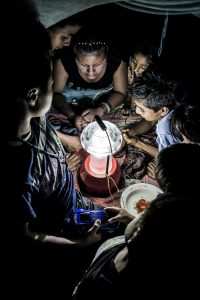
In fact, the deeper our investment in women, the further our impact across the spectrum of the 2015 UN SDG. All totalled these Solar Mamas working in nearly 100 countries are impacting 14 of the 17 SDGs, offering a model of planetary transformation that is already in bloom.
We didn’t go into communities and say “women only”. We went into villages all over the world and watched and asked and listened to discover who are the most reliable and valuable assets to invest in as we hoped to disrupt the social systems that perpetuate poverty.
This rural knowledge we gained is backed by global reports on the economic potential of women, including this one by McKinsey:
“[This] report finds that $12 trillion could be added to global GDP by 2025 by advancing women’s equality. The public, private, and social sectors will need to act to close gender gaps in work and society.”
Women are an outstanding investment because they have an intense innate commitment to the people and the place they love. For example, women love to teach. We love to pass on our knowledge, which if you think about a rural community you absolutely need people who will share its “DNA” to the next generations. Women do that very well.
Women are focused on serving. Men tend to focus first on monetising their skills. Women tend to do things because of their sense of responsibility to nurture everybody around them. I’ve found women have an enormous heart to impact their community in the best possible sense. They take it personally.
For every dollar invested in a woman in the developing world, 86 cents go back to her family, for health, education and better food. These are the things we want her to invest in. For every dollar, a man earns its only 36 cents. The GDP impact for investment in women under the poverty line is substantial.
It doesn’t mean men aren’t a part of the equation, but it means we have to capitalize on what each must contribute equally to the solutions needed in rural communities.
The PROMISE of Excellence
Our women solar engineers have an almost zero malfunction rate on their equipment. Imagine how hard that is? Working in remote regions that lack most every basic form of infrastructure, our Solar Mamas install solar power for their entire village and do it nearly perfectly. Regardless of language barriers and formal education and myriad other obstacles.
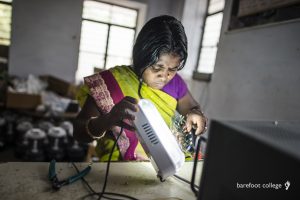
They don’t have this success because they are the most technically savvy engineers. They do it because they will stick with it until it works and keeps working because it’s a reflection of them. They do it because when those lights switch on, an opportunity for the entire village follows.
This is an exponential impact. Think about every child in those households studying with clean light or the women not to be inhaling the black smoke of dangerously poor quality of kerosene. This is the number one killer of women in the developing world.
You can’t imagine the quality of life difference and the change of people’s aspirations for themselves just by starting with light.
When an individual learns a technology or skill like solar engineering, it only starts the personal transformational change that builds confidence, competence and belief in themselves. Incredibly, technical mastery is the ultimate empowerment mechanism and is a natural vehicle to replicate and teach.
Linking that up is very important for us. By moving past the mastery of technology, access to energy and the development of energy aspirations into how we drive economic opportunity.at scale, we complete the cycle of mindset shift for people. To do this well and at scale, the development community has to change its approach.
We’re done with the era of “I want to be the best.” We are in the day of I want to be the best for the world. It’s about doing the right thing in the most quality way we can, by removing redundancies and championing different skill sets, and by ensuring that invested and donated dollars get more directly to proven solutions.
The ultra-poor have fallen outside of most programs of microfinance and government safety nets. While poverty numbers have diminished for those one rung above the socioeconomic ladder than the ultra poor, those in last mile communities have been left behind. Leaving behind to our children a world in which intergenerational poverty has been disrupted is the gift we should all be focused on today. We have to collaborate to leverage what works at scale, focus on resources behind it and truly SOLVE energy poverty: through, by and with women
Traditionally, our sector has been void of these necessary strategic partnerships that do away with splintered resources and limited skill sets. We have not seen the power of collaborative partnership critical to bring systemic change at scale.
Here again, women may be best served to lead the way.
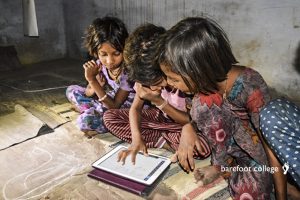
The POWER of Partnerships
Sometimes you meet someone who you realise could finish your sentences, whose spark and energy rivals your own. That is how I felt when I met Ajaita Shah, founder and CEO of Frontier Markets.
I saw a younger woman, starting where I had already been in many ways and yet ahead of me in just as many. Ajaita is person whose commitment, authenticity and energy would mean “a whole lot of sh*t was going to get done!”
I just love that kind of action-oriented person. It hasn’t taken us long to forge the Women Prosper Initiative, a partnership that truly revolutionises last mile energy access. Together we empower rural women to become solar entrepreneurs and bring clean light to their communities. Our unique partnership and innovative education and enterprise model simultaneously addresses multiple UN SDGs.
The Women Prosper Initiative is also breaking new ground of what’s possible for partnerships. This is the first ever women-led, strategic partnership between a for-profit social enterprise and a not-for-profit social innovation organisation in India, a country where 360 million families lack access to grid energy.
It is a partnership that puts women at the centre of the value chain, starting with women entrepreneurs rising of generational poverty through economic opportunity. Over the next five years this partnership will:
- create 10,000 jobs for female entrepreneurs in the clean energy sector
- serve 500,000 households with access to clean, affordable light
- be the single largest deployment of renewable energy hardware to the poor, in India’s history.
- A market-driven, gender revolution touching 1,000,000 of the poorest women in India.
- The potential to create +$21.4 Million in GDP within 3 years.
- Six Sustainable Development Goals met, at scale. Defining India as a leader of SDG implementation and acceleration for the Bottom of the Pyramid (UN Directive under SDG acceleration for 2019)
The POTENTIAL of the Last Mile
We can’t solve the critical issues as laid out in the UN SDGs without new approaches, partnerships and innovations that disrupt the norms. Partnerships and collaborations that are designed in every way to solve, not simply limp along towards a larger problem.
Likewise, we cannot begin to address intergenerational poverty until we reach those people three miles and further from the road or towns – that is what we call “the last mile.” Very few social enterprises truly deliver where we work, every day.
As a social innovation organization based on the lifestyle and workstyle of Mahatma Gandhi. We’ve been committed to the work with the “last man.” Gandhi believed the work wasn’t done until you’ve touched the last human being mired in the most remote rural villages.
We won’t make the world “work for all” until it’s a world in which women, universally have access to the critical knowledge they need to play an equal role in their families, communities and countries. A world where women feel and believe that they can learn whatever they need to assure their own wellbeing and create positive economic results for themselves and their families.
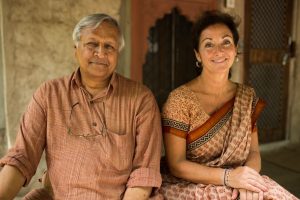
Much more important than speaking about “gender”, we at Barefoot College are focused fully on how we can engage and empower human capital, even in last mile communities. Each of us has something beautiful, unique, and special to offer.
Creating environments where absolutely everybody can bring their best selves to the table seems to me the conversation we should be having. That assures diversity because everybody is taking part in the progress. Things go wrong when we create barriers that result in people not being able to reach their own aspirations.
These issues are at a basic level about social justice and inclusions. We just have to stop ourselves from falling short of delivering on diversity, equality and designing a world where pathways for people at every level and in every situation can facilitate people reaching their own dreams and goals.
Women have faced these challenges and obstacles for a long time. We are talented and capable and we’ve often figured out a way around these obstacles. But eventually, we all have to come together and embrace the vision of empowering people – all people – to reach their highest potential.
Editors note: The opinions expressed here by Impakter.com columnists are their own, not those of Impakter.com — Featured photo credit: Varial Cédric Houin


